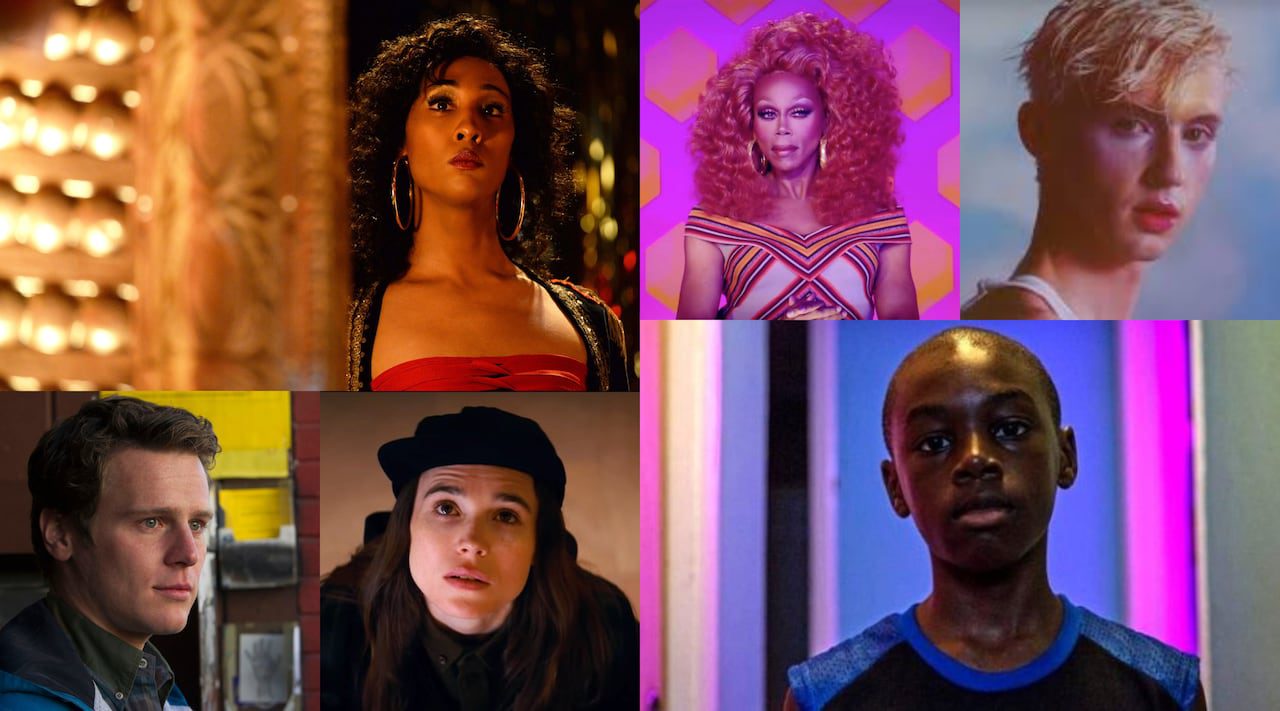The 2000s were a transformative decade in pop culture, characterized by significant cultural touchstones that continue to resonate with audiences today. Reality TV exploded onto the scene, offering a fresh and unscripted alternative to traditional programming. The launch of the iPod revolutionized music consumption, allowing people to carry their entire music library in their pockets. The Harry Potter books and films became a global phenomenon, inspiring a generation of readers and moviegoers. The emergence of social media platforms like Facebook and Twitter reshaped how we connect and communicate. Superhero movies experienced a renaissance, dominating the box office and paving the way for the current superhero-dominated film landscape. YouTube revolutionized content creation and consumption, empowering anyone with an internet connection to share their creativity with the world. The introduction of smartphones transformed how we communicate and access information. The final installments of beloved franchises like Lord of the Rings and Star Wars marked the end of an era. Reality talent shows like American Idol and The X Factor captivated audiences and launched the careers of successful artists. The Twilight Saga became a cultural sensation, influencing fashion, music, and fan culture. These cultural moments defined the 2000s and continue to leave an enduring impact on popular culture.
1. The Rise of Reality TV: A New Form of Entertainment
Reality TV exploded onto the scene in the 2000s and quickly became a cultural phenomenon. Shows like “Survivor,” “Big Brother,” and “The Osbournes” paved the way, captivating audiences worldwide. This genre offered a fresh and unscripted alternative to traditional television programming, transforming the media landscape.
2. The Launch of the iPod: Revolutionizing Music Consumption
In 2001, Apple introduced the iPod, a portable media player that changed how we listen to music. With its sleek design and ability to store thousands of songs, the iPod became a must-have gadget, revolutionizing the music industry. Suddenly, music lovers could carry their entire music library in their pockets, marking a significant shift in how people consumed and enjoyed music.
3. “Harry Potter” Takes the World by Storm
The release of J.K. Rowling’s “Harry Potter” book series and subsequent film adaptations became a global phenomenon in the 2000s. The compelling storytelling, magical world-building, and relatable characters captured the hearts of both children and adults alike. Harry Potter became an iconic symbol of this decade, inspiring a generation of readers and moviegoers.
4. The Emergence of Social Media: Connecting the World Digitally
Social media platforms like MySpace, Facebook, and later, Twitter, reshaped how we connect, share, and communicate. These digital spaces brought people from different corners of the world together, enabling social interactions, sharing of ideas, and even online activism. Social media became an integral part of everyday life, defining the way we interacted and consumed content.
5. The Superhero Movie Renaissance
The 2000s witnessed a resurgence of superhero movies, with franchises like “Spider-Man,” “X-Men,” and later, “Iron Man” dominating the box office. These films showcased the extraordinary abilities of beloved comic book characters, thrilling audiences with their action-packed narratives and special effects. This genre’s success ultimately paved the way for the superhero-dominated film landscape we have today.
6. The Impact of YouTube: Content Creation Goes Mainstream
The launch of YouTube in 2005 revolutionized content creation and consumption. Suddenly, anyone with an internet connection could upload videos and share their talents, opinions, or creativity with the world. YouTube gave rise to viral videos, internet celebrities, and new career avenues. It showcased the power of user-generated content and established online video platforms as a major industry.
7. The Rise of Smartphone Technology
The 2000s witnessed the birth and rapid evolution of smartphones. With the introduction of devices like the iPhone and Android, these pocket-sized computers became ubiquitous, transforming the way we communicate, work, and access information. Smartphones brought the internet into our hands, facilitating social media use, online browsing, and app-based entertainment.
8. The Final Installments of Cultural Touchstones
The 2000s bid farewell to some of the most iconic cultural touchstones. The final “Lord of the Rings” film conquered theaters in 2003, concluding a magnificent cinematic trilogy. Additionally, the last installment of the original “Star Wars” series, “Episode III: Revenge of the Sith,” hit screens in 2005. These culminating moments marked the end of an era for beloved franchises.
9. The Dominance of Reality Talent Shows
The 2000s witnessed the rise of reality talent shows like “American Idol” and “The X Factor.” These shows captivated audiences with aspiring singers showcasing their skills and vying for the chance at stardom. The dramatic narratives, emotional performances, and star-making moments became pop culture phenomena, launching the careers of several successful artists.
10. The Twilight Saga: A Cultural Sensation
The release of Stephenie Meyer’s “Twilight” book series and its subsequent film adaptations captured the imagination of young adults worldwide. The enchanting tale of vampires, werewolves, and forbidden love became an overnight sensation, sparking a craze that influenced fashion, music, and fan culture. The Twilight Saga left an indelible mark on the 2000s, cementing its status as a cultural phenomenon.
In conclusion, the 2000s were a transformative decade in pop culture. From the rise of reality TV and social media to the game-changing impact of technology and the dominance of iconic franchises, these ten moments defined the era. These cultural touchstones continue to resonate with audiences today, demonstrating their enduring influence on popular culture.
